Organising Committee
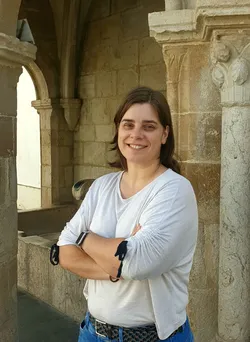
Ana Pereira Ferreira CIDEHUS-UÉvora
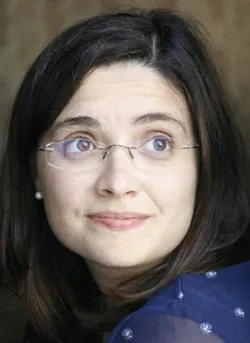
Leonor Dias Garcia CIDEHUS-UÉvora
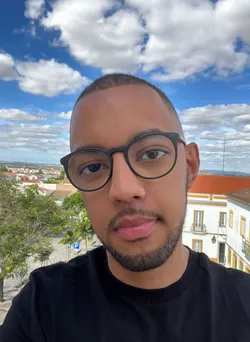
Marcus Dores CIDEHUS-UÉvora
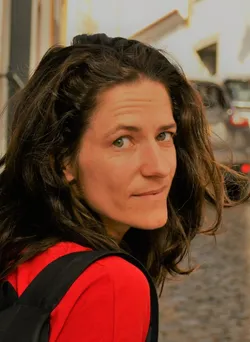
Throughout human history, writing has held indisputable importance. It is a constant presence in our daily lives, not static, but changeable. Its form, its medium and the crafts linked to it have undergone various transformations, according to the time and the circumstances in which they were found.
Interpretation of documentary sources, with their textual richness, is fundamental for historical knowledge. Sciences such as paleography and diplomatics, sigillography, heraldry, linguistics and codicology, among others, constitute a decisive element in a historian's work. They often, however, end up being relegated to the background and continue to be seen as "auxiliaries" in history. Nevertheless (and despite the work by several researchers), the questions that still arise, the hypotheses that they open and the challenges that they pose to historiographic work constitute a fertile field for advancing the study of them.
In the first conference on palaeography and diplomatics held by CIDEHUS in 2021, our aim was to raise awareness of the development which these sciences have undergone, especially regarding the digital world. Knowledge was gained of palaeographic transcription software, methods for preserving documents and stamps and techniques for collecting sigillographic images, in addition to other valuable knowledge for the practical work of historians.
In the second edition of the conference, in 2022, we intend to pose questions and debate hypotheses for work beyond, but also including, the digital humanities in history.
In the III edition, in 2023, we looked at the future of archives, codicology and sigillography as sciences, upstream and downstream of the written text, but also focusing on palaeography and diplomatics. Among other objectives, the aim was to reflect on the challenges facing the future of these sciences and on working methods and how to relate them to the past.
In this IV edition, which has become a biennial event and will therefore be held in 2025, we intend to continue to understand the impact of Digital Humanities on palaeography, diplomatics, sigillography, codicology and other sciences and what is new in the various universities around the world, learning about the studies underway and understanding the challenges facing the social sciences and humanities today.
We therefore invite all students, technicians and researchers to present their work and bring these or other issues to the debate.
(Public Library of Évora)
09:15 - 09:30 UTC+1
09:30 - 10:15 UTC+1
10:15 - 10:30 coffee break
10:30 - 12:50 UTC+1
12:50 - 14:30 Lunch
14:30 - 16:00 UTC+1
16:00 - 16:20 – coffee break
16:20 - 17:50 UTC+1
Anf. 131, Colégio do Espirito Santo – UÉvora
10:00 - 11:30 UTC+1
11:30 - 11:45 – coffee break
11:45 - 13:35 UTC+1
13:35 - 15:00 Lunch
15:00 - 16:30 UTC+1
16:30 - 16:45 – coffee break
16:45 - 17:30 UTC+1
Opening Call for papers
Closing call for papers
Closing inscriptions for assistence
Congress




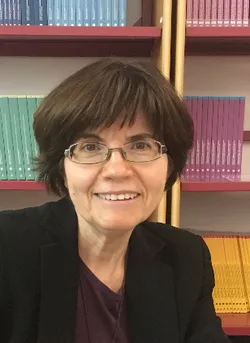
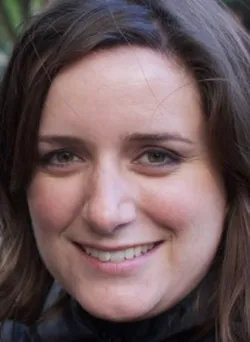
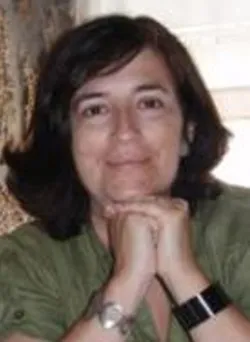
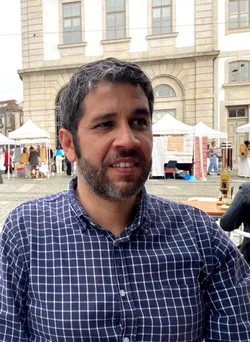
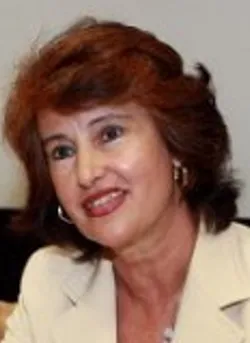
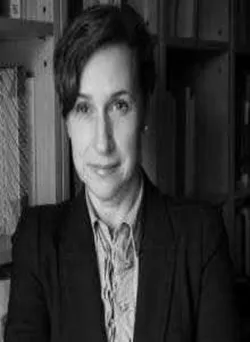
Largo do Marquês de Marialva 8, 7000-654 Évora, PORTUGAL
(+351) 266 740 800